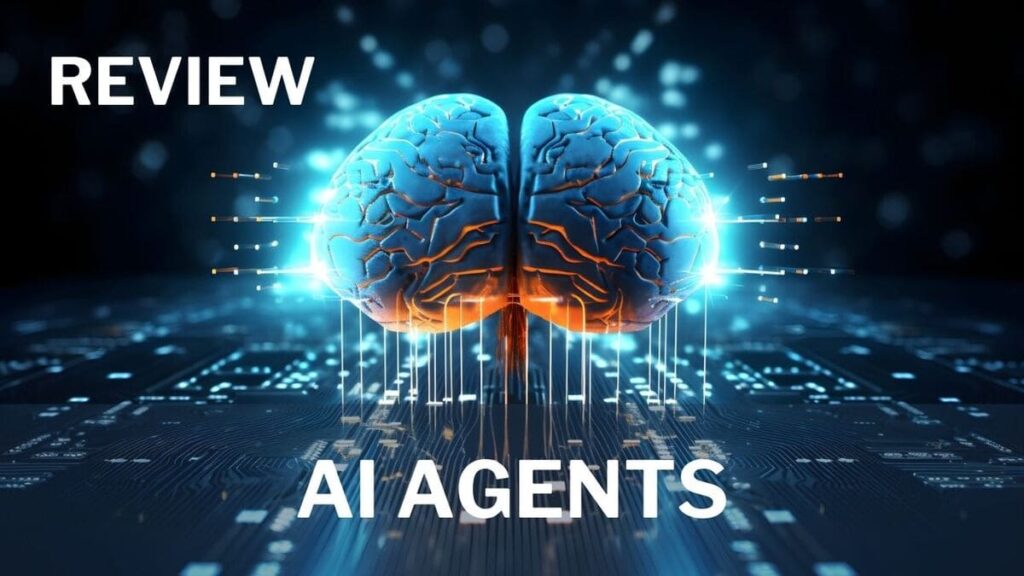
What Are AI Agents and How Do They Work?
The rapid advancement of artificial intelligence (AI) has led to the development of AI agents, which are capable of performing complex tasks autonomously. These sophisticated machines have the potential to revolutionize various industries, including finance, healthcare, and education. However, as they become increasingly prevalent in our lives, it is crucial to understand how they work and their implications on society.
In essence, an AI agent is a type of artificial intelligence that can perform tasks independently without human intervention. These agents are trained on large volumes of historical data, which may contain prejudices or biases. If these biases are not identified and corrected during the training process, the agent may perpetuate discriminatory decisions, whether in hiring, credit allocation, or even in the administration of justice.
AI agents work by processing vast amounts of information to generate insights and make predictions about specific situations. They can analyze patterns in data, recognize faces, and understand natural language. These capabilities enable them to perform tasks such as automating processes, making recommendations, and even taking control of complex systems.
While AI agents have the potential to streamline operations and increase efficiency, their development raises several concerns. For instance, they may displace human workers as they become capable of performing tasks that previously required human intervention. Sectors like customer service, logistics, financial advising, and manufacturing are already seeing changes in their labor structures due to automation.
Furthermore, it is unclear who should be held accountable if an AI agent makes a decision with negative consequences. In cases where damage or malfunction occurs, determining responsibility between the creator of the agent, the operator, or the system itself remains an area of uncertainty. This lack of clarity could lead to legal complications when agents act on behalf of individuals or companies.
In conclusion, AI agents are powerful tools that have the potential to transform industries and society as a whole. However, it is essential to address the ethical concerns surrounding their development, deployment, and use. As we move forward in this new era of technological advancement, it will be crucial to establish clear guidelines for the creation, training, and regulation of AI agents to ensure that they work responsibly and ethically.
Sources:
Source: crypto-economy.com


